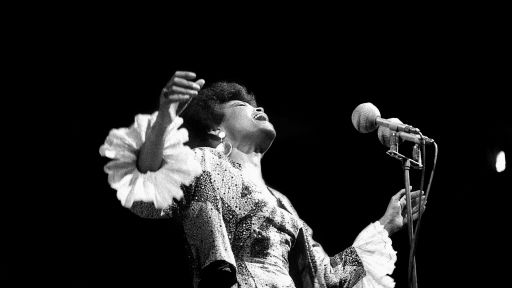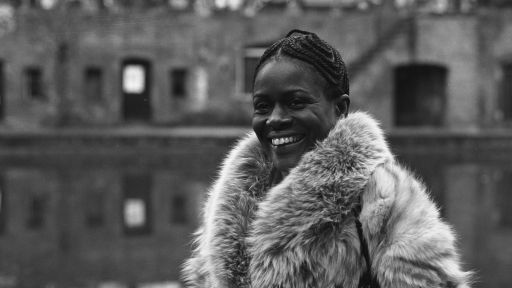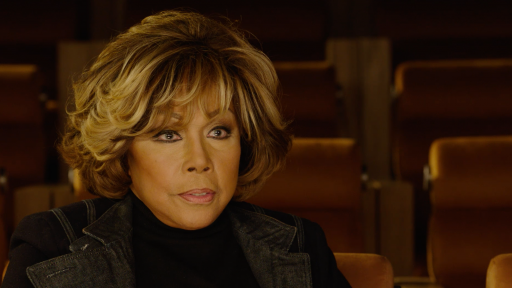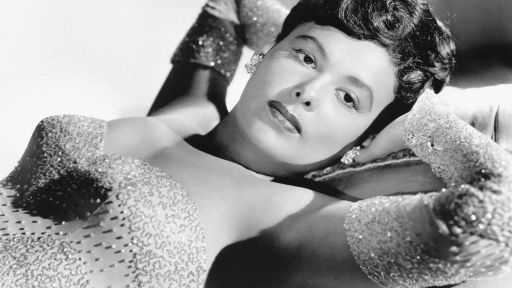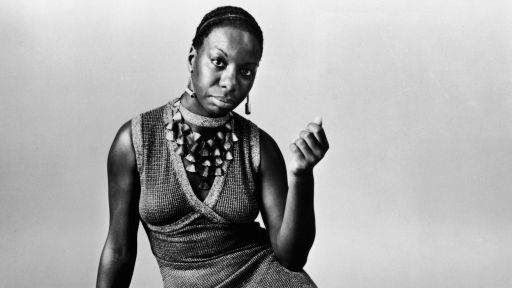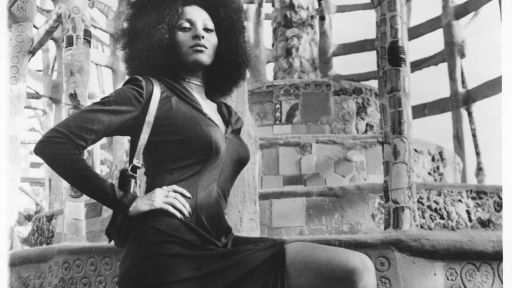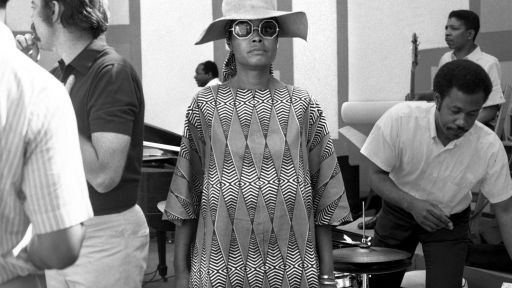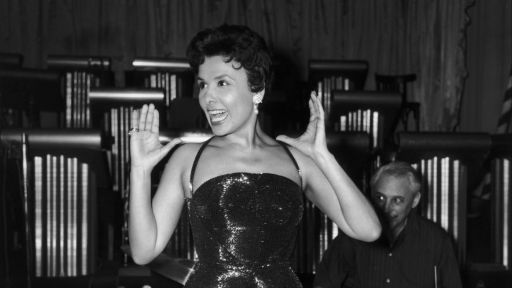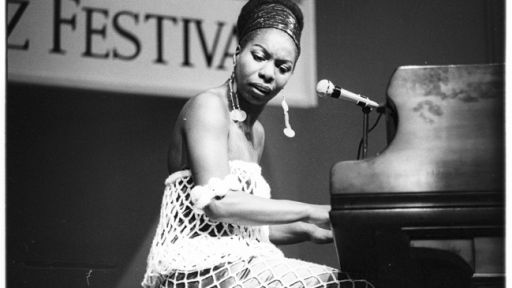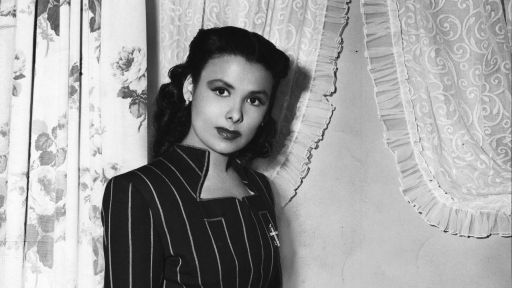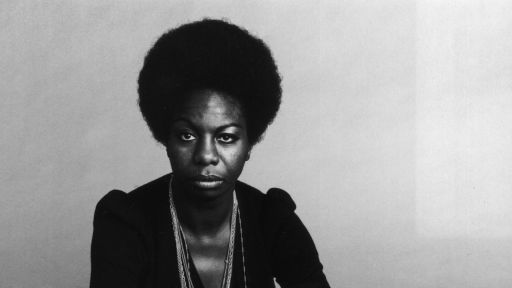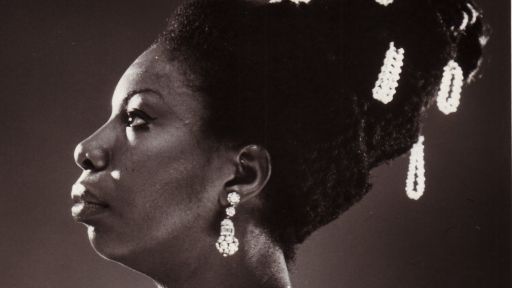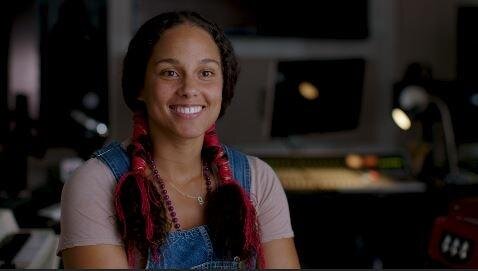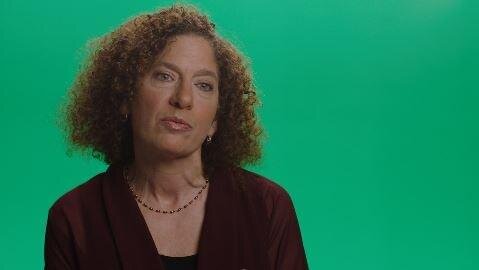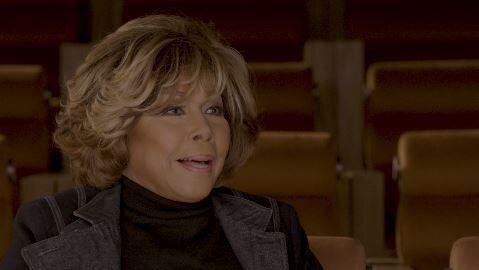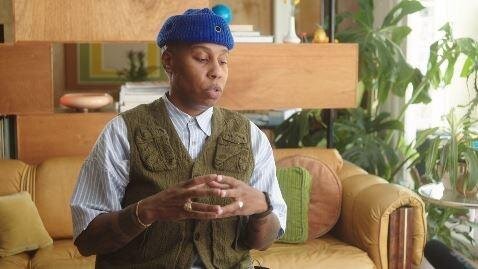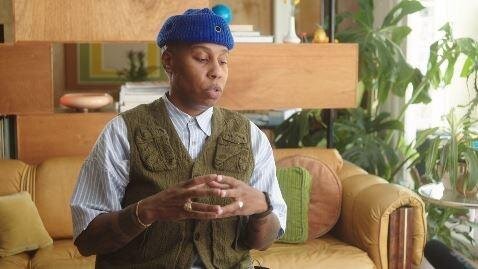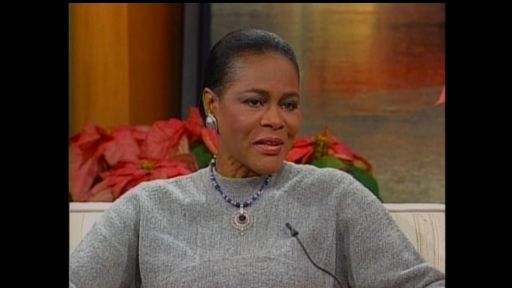American Masters: How It Feels To Be Free tells the inspiring story of how six iconic African American female entertainers—Lena Horne, Abbey Lincoln, Nina Simone, Diahann Carroll, Cicely Tyson and Pam Grier—challenged an entertainment industry deeply complicit in perpetuating racist stereotypes, and transformed themselves and their audiences in the process.
We asked NYC-based sound selector Korie Enyard, who specializes in Black music of the diaspora, to share a playlist of empowering music that resonates with her. Her playlist includes songs by the artists featured in the film, songs they may have listened to, and songs by artists who are following in their footsteps today. Below, Enyard gives us some insight into each song selection.
“Ella’s Song” by Sweet Honey In The Rock
“That teaching others to stand up and fight is the only way my struggle survives”
“Women of African American descent have always served as the guiding light to freedom. From Harriet Tubman to Sojourner Truth to Ida B. Wells to Stacey Abrams. We lay our burdens down and carry the weight of the world on our shoulders so everyone can live freely. Honey In The Rock founder, Bernice Johnson Reagan, was a founding member of the Student Nonviolent Coordinating Committee’s (SNCC) Freedom Singers.”
“Driva’ Man” by Abbey Lincoln
“Choppin’ cotton don’t be slow
Better finish out your row”
“This song is a reminder that Black women bore the brunt of the whip just like Black men. Being a woman was irrelevant. Despite being raped, birthing the master’s children, or watching her kids be sold off to other plantations, she still had to finish the work and fulfill her quota.”
“Freedom Day” by Abbey Lincoln
“Rumors flyin’
Must be lyin’
Can it really be?”
“The Emancipation Proclamation was issued January 1, 1863. A number of slaves didn’t get the message until June 19, 1865. They languished as slaves for more than two years until they got word that the war had ended. Juneteenth is the celebration of Black people becoming free in the U.S.”
“If You’re Ready (Come Go With Me)” by The Staple Singers
“No economical exploitation
No political domination”
“Simply remove both elements out of society and we can all be free. The Staple Singers brought their mix of gospel and soul to the Black Freedom Movement during the 1960s and 1970s.”
“Yes We Can Can” by The Pointer Sisters
“We got to make this land a better land
Than the world in which we live”
“The Founding Fathers, who were slave owners, had a conscience. They left the descendants of slaves and the descendants of slaveholders the responsibility of healing the ills they left behind.”
“Woman Of The Ghetto” by Marlena Shaw
“This is a song about survival and being beholden to an unfair economic system and political system that only sees people as numbers and not human beings.”
“Obeah Woman” by Nina Simone
“To get to satan baby
You gotta pass through me”
“An Obeah woman is a woman who uses magic ritual to ward off harm. African Americans have been saving America from itself for centuries. It happened again November 2020.”
“Think (About It)” by Lyn Collins
“If it’s not in your vision
Don’t make no decision”
“Released in 1972, this song serves as a rallying cry for Black women. Intersecting the Black Power movement with the Women’s Liberation Movement, Black women became a force in politics in ways not seen before, as demonstrated by Shirley Chisolm’s run for President that year.”
“Live In Me” by Rufus & Chaka Khan
“Foolin’ ’round
You got no time to waste”
“Women of African descent in the ’70s began to embrace their beauty. Their hair, their lips, their curves and their sexuality became something every woman and man wanted.”
“Coffy Is The Color” by Roy Ayers
“Coffy is the color of your skin”
“The theme song to ‘Coffy,’ starring Pam Grier. Blaxploitation films made us love ourselves. Black people finally saw ourselves on the big screen and so did the rest of the world.”
“Golden” by Jill Scott
“I’m taking my freedom
Pulling it off the shelf
Putting it on my chain
Wearing it ’round my neck”
“This is a Black woman’s anthem.”
“Everything Is Everything” by Lauren Hill
“Let’s love ourselves and we can’t fail
To make a better situation
Tomorrow, our seeds will grow
All we need is dedication”
“Fast forward to present day and everything is everything. We’ve made progress, but progress is slow when economic exploitation and political domination and white supremacy are still so prevalent.”
“Hurricane” by Grace Jones
“‘Hurricane’ by Grace Jones reminds women of the warrior within. She signifies the grand spirit within all girls to overcome adversity and walk with their heads high through any hurricane life throws their way.”
“Land Of The Free” by Esperanza Spalding
“In the tradition of Sweet Honey In The Rock and Nina Simone, Esperanza Spalding sings about injustice in the U.S., specifically about the exoneration of Cornelius Dupree, who served 30 years in jail for crimes he didn’t commit.”
“Young, Gifted and Black” by Aretha Franklin
“Oh but my joy of today
Is that we can all be proud to say
To be young, gifted and black
Is where it’s at”
“‘Nuff said!”

